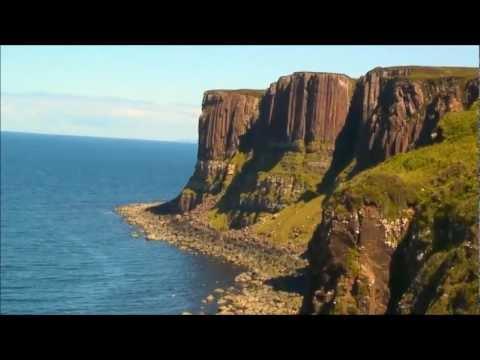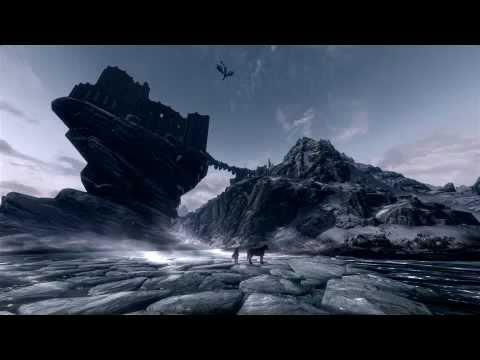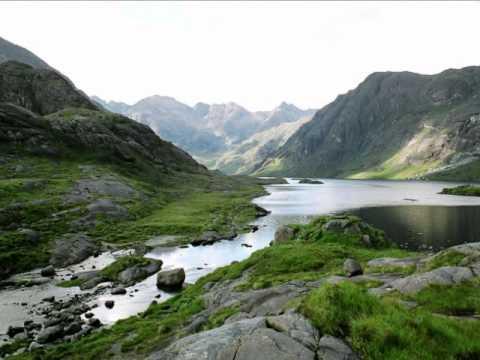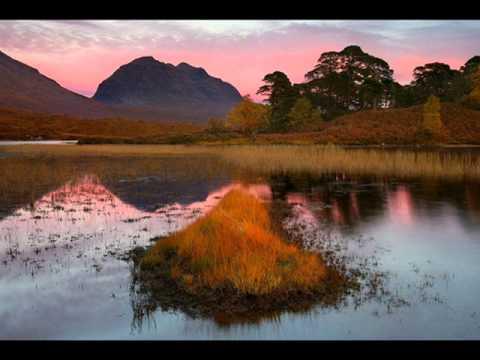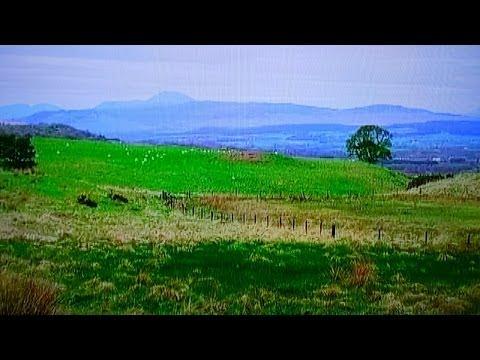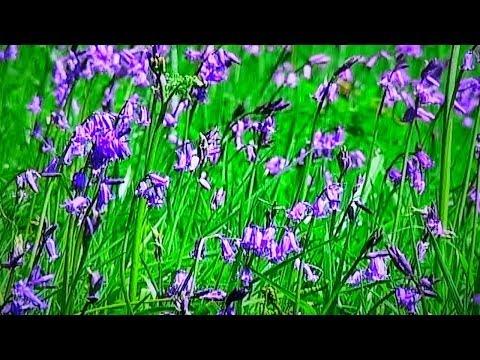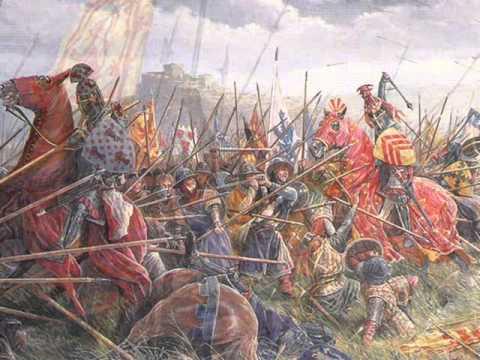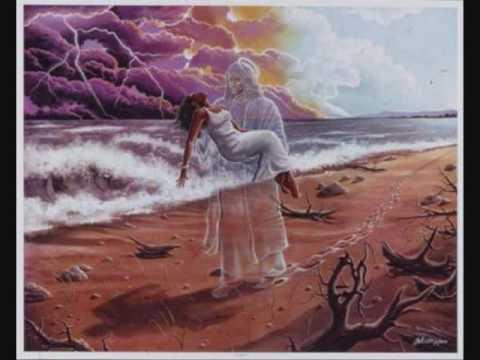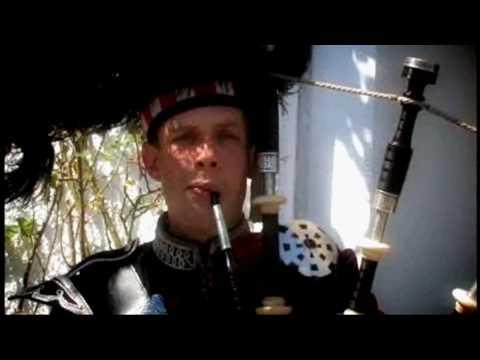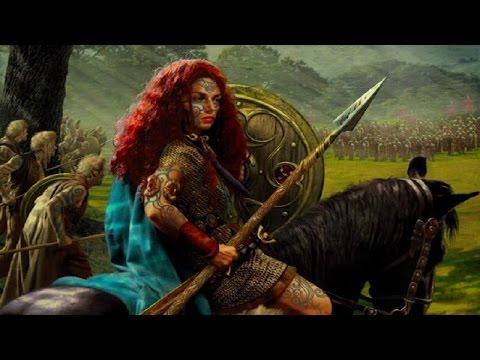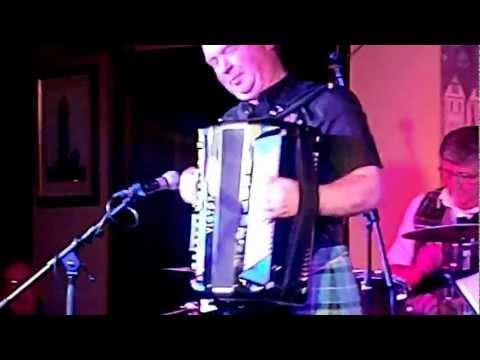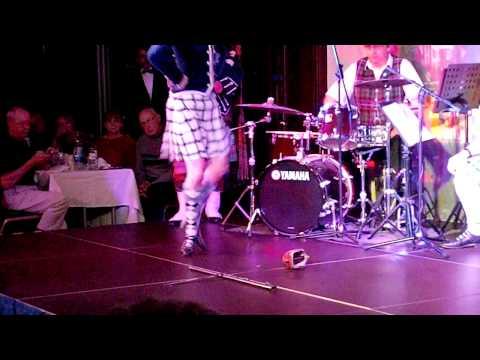Relaxing Celtic Music ~♫~ Beautiful SCOTLAND ~♫~HD Video~♫~ Instrumental Relaxation Song
Description
Scotland (Scottish Gaelic: Alba (Scottish Gaelic is a country that is part of the United Kingdom. Occupying the northern third of the island of Great Britain, it shares a border with England to the south and is bounded by the North Sea to the east, the Atlantic Ocean to the north and west, and the North Channel and Irish Sea to the southwest. In addition to the mainland, Scotland is made up of more than 790 islands including the Northern Isles and the Hebrides.
Edinburgh, the country's capital and second-largest city, is one of Europe's largest financial centres. Edinburgh was the hub of the Scottish Enlightenment of the 18th century, which transformed Scotland into one of the commercial, intellectual and industrial powerhouses of Europe. Glasgow, Scotland's largest city, was once one of the world's leading industrial cities and now lies at the centre of the Greater Glasgow conurbation. Scottish waters consist of a large sector of the North Atlantic and the North Sea, containing the largest oil reserves in the European Union. This has given Aberdeen, the third-largest city in Scotland, the title of Europe's oil capital.
The Kingdom of Scotland emerged as an independent sovereign state in the Early Middle Ages and continued to exist until 1707, although it had been in a personal union with the kingdoms of England and Ireland since James VI of Scotland succeeded to the English and Irish thrones in 1603. On 1 May 1707, Scotland entered into a political union with England to create the Kingdom of Great Britain. This union resulted from the Treaty of Union agreed in 1706 and enacted by the twin Acts of Union passed by the Parliaments of both countries, despite popular opposition and anti-union riots in Edinburgh, Glasgow and elsewhere.
Scotland's legal system continues to be separate from those of England and Wales and Northern Ireland, and Scotland constitutes a distinct jurisdiction in public and private law. The continued existence of legal, educational and religious institutions distinct from those in the remainder of the UK have all contributed to the continuation of Scottish culture and national identity since the Union. In 1999, a devolved legislature, the Scottish Parliament, was reconvened with authority over many areas of home affairs following a referendum in 1997. In 2011, the Scottish National Party (SNP) won an overall majority in parliament and intends to hold a referendum on independence on 18 September 2014.
Scotland is a member nation of the British--Irish Council, the British--Irish Parliamentary Assembly and also participates within the Common Travel Area agreement. Scotland is represented in the European Union and the European Parliament with six MEPs.
"Scotland" comes from Scoti, the Latin name for the Gaels. The Late Latin word Scotia ("land of the Gaels") was initially used to refer to Ireland. By the 11th century at the latest, Scotia was being used to refer to (Gaelic-speaking) Scotland north of the river Forth, alongside Albania or Albany, both derived from the Gaelic Alba. The use of the words Scots and Scotland to encompass all of what is now Scotland became common in the Late Middle Ages.
Often, the term Celtic music is applied to the music of Ireland and Scotland because both lands have produced well-known distinctive styles which actually have genuine commonality and clear mutual influences. The definition is further complicated by the fact that Irish independence has allowed Ireland to promote 'Celtic' music as a specifically Irish product. However, these are modern geographical references to a people who share a common Celtic ancestry and consequently, a common musical heritage.
Featuring over 3,000 castles, Scotland is one of the most fascinating tourist destinations in the world. Whether built by the original Scottish clans, or the ever power-hungry English, every castle retains that medieval charm that sends your mind flying centuries back in time.
